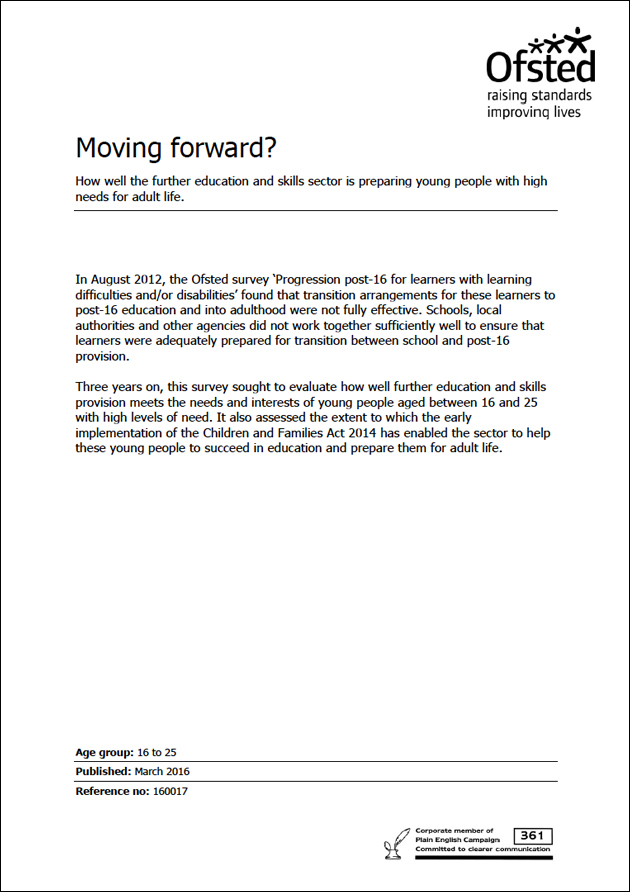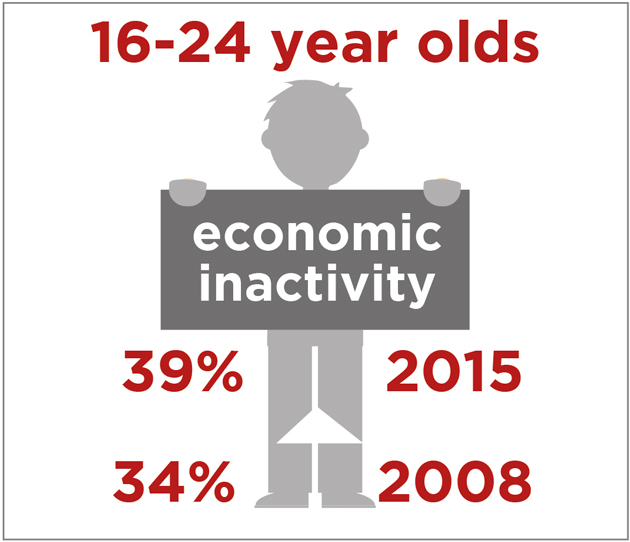Application guidance for up to £100k consultancy grants that will support the implementation of area review recommendations has been published — a month after FE Week exclusively revealed they would be made available to colleges.
The memo, which went online this morning, also revealed that colleges could receive more than one grant, as it would be available for “each significant change resulting from an area review”.
It explained that such a change might include a “significant curriculum rationalisation, establishment of “a shared services arrangement”, or “the establishment of a joint venture” such as a merger.
Publication of the guidance comes after FE Week exclusively revealed on March 6 that the government would be providing cash to help colleges implement area review recommendations.
The online document, which includes a link to an application form, said: “The minister for skills [Nick Boles] announced that he had agreed grants of up to £100,000 to support each significant change resulting from an area review.
“This was in recognition of the challenges associated with implementing recommendations effectively.”
It added: “The EFA and SFA will identify options which may be in scope as a significant change, and the amounts that may be claimed for them.
“This will be done during the latter stages of the area review process and will be subject to later consideration of formal applications.”
Colleges can only make one application “in relation to each significant change arising from an area review,” the document explained.
And it stressed that requests for this funding should be made within two months of the date of final area review steering group meetings.
However, later applications will be considered in “exceptional circumstances”.
The memo said a successful application for up to £100,000 funding could be for the closure of a college, a merger of more than two institutions or of two institutions with a combined turnover of more than £25m, or the establishment of a multi-academy trust of two or more colleges.
A grant of up to £50,000 could also be provided for a single sixth form college conversion to a 16 to 19 academy, or merger of two institutions with a combined turnover of less than £25m, it added.
The smaller grant could also be given out where there is “a significant rationalisation or other significant change at a college or colleges “where this change is reasonably expected to have significant upfront costs”.
The online document stressed that only colleges will be able to make applications for the funding.
But it added “a college may apply on behalf of itself and / or on behalf of any other organisation which will incur eligible costs relating to the agreed relevant significant change”.
“Where a college applies on behalf of any other organisation, it will be accountable for its own compliance with the funding conditions and that of the other organisation,” it said.
It added funding could only be spent on funding “relevant skills” including project management, legal, finance, commercial, estates and “turnaround”, while relevant services also include “due diligence” and asset or liability valuation.
Colleges must provide evidence of spending on such “eligible costs” to the Skills Funding Agency and Education Funding Agency “within 30 days of the final amount of the grant funding being spent, or at the latest within 30 days of the first anniversary of the final steering group”, the document said.
The grant would become repayable, through a future reduction in funding, if for example the funding is not spent on eligible costs, match0-fuunded with a required “25/75 per cent split”.






